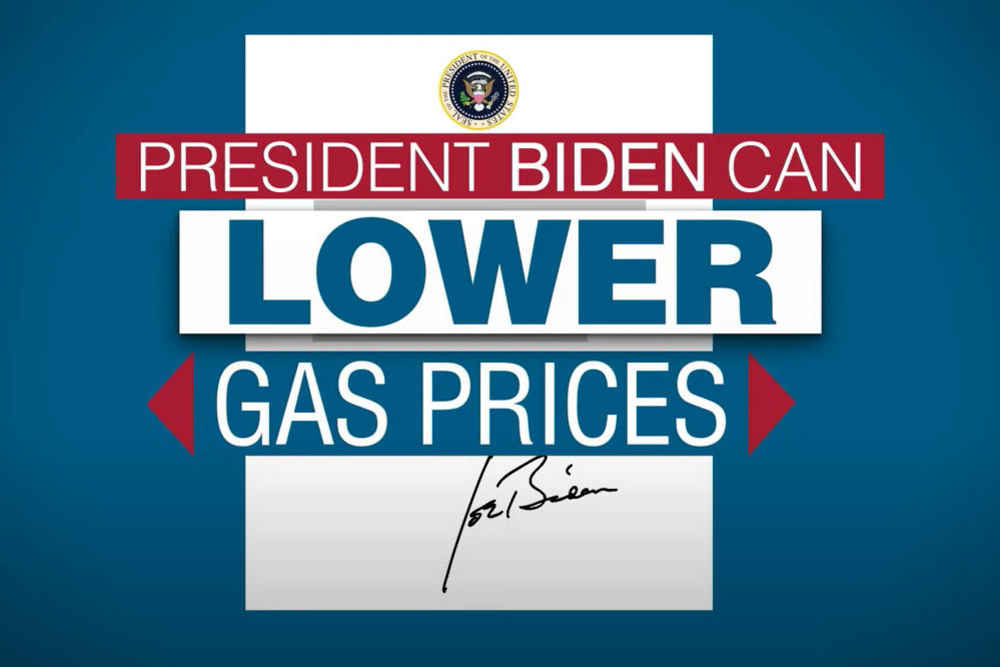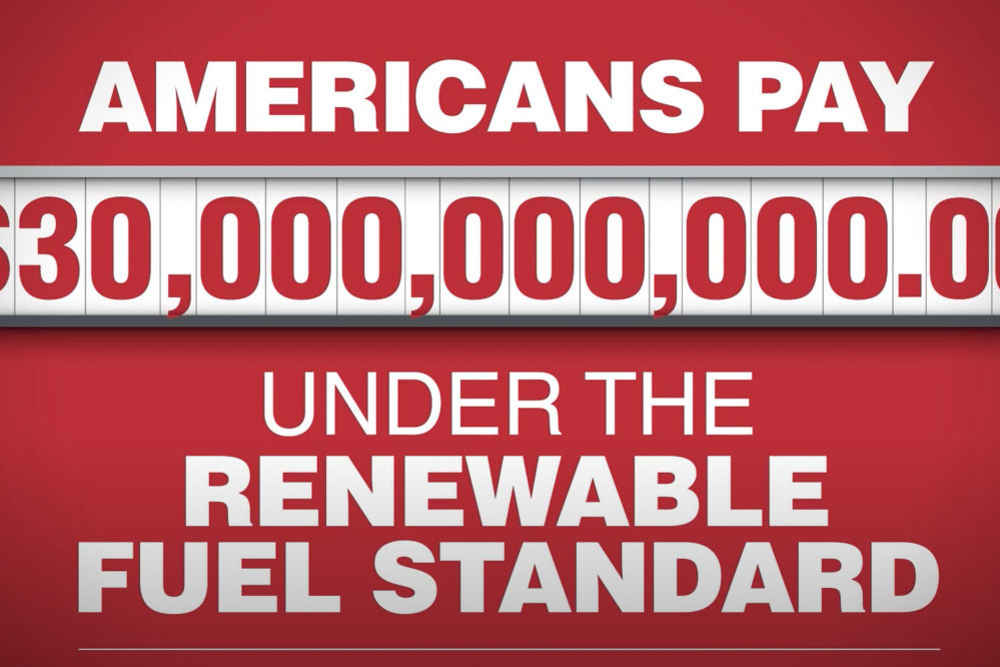Iowa Senators and the Washington, D.C. biofuel lobby often attack “Big Oil” when independent refiners point out inequities with compliance mechanism for the federal Renewable Fuel Standard or RFS. However, Iowa Senators, the biofuel lobby AND “Big Oil” take the exact same policy positions in opposition to RFS reforms.
A quick review of publically available comments on various proposals to control the cost of RFS tradeable credits – Renewable Identification Numbers or RINS – highlights that The Swamp is willing to protect exorbitant profits for a fake, government-created commodity, even if it risks union refining jobs and undermines greater biofuel consumption.
Here’s the record:
1. Moving the RFS Point of Obligation: Would make entities that control biofuel blending the RFS obligated party, as is done in the California Low Carbon Fuel Standard (LCFS) (called moving the “Point of Obligation”). This would better incentivize more biofuel blending.
Renewable Fuels Association (RFA): OPPOSED
- “The current point of obligation has worked; and if the RFS is properly enforced, the current program creates the right market tension to incentivize the entire supply chain to make investments in higher-ethanol blends.”
Growth Energy: OPPOSED
- “The EPA has made the correct decision in proposing to deny this petition [to move the point of obligation].”
Senator Grassley: OPPOSED
- “We believe such changes [moving the point of obligation] are unwarranted and indefensible.”
API: OPPOSED
- “Any adjustment to the point of obligation 9 years into the program would create uncertainty in the administration of the RFS and, potentially, in the RIN market.”
2. RFS Waiver Credit: Allowing independent refiners to purchase RINs for a fixed price from the government if they are not cost effective on the market, with the revenue potentially going to biofuel infrastructure.
RFA: OPPOSED
- “This study confirms that a demand-destroying 10-cent RIN price cap is absolutely the wrong policy for agriculture and consumers.”
Growth Energy: OPPOSED
Senator Grassley: OPPOSED
- “There was also an agreement to not pursue an artificial cap on RIN prices, which would have destroyed demand for biofuels and hurt biofuels workers.”
API: OPPOSED
- “Moreover, the fact that Congress specified that EPA itself may sell cellulosic biofuel credits in certain limited circumstances but did not provide such authority relating to other types of renewable fuels indicates that EPA lacks statutory authority to itself conduct RIN auctions.”
3. Reduce Foreign Fuel Mandate: EPA’s 2017 proposal to reduce the biodiesel portion of the mandate so the nation is not reliant on foreign imports of biofuel for compliance.
RFA: OPPOSED
- “There is no rationale for further lowering either the 2018 advanced biofuel volume requirement or the total renewable fuel volume.”
Senator Grassley: OPPOSED
- “This seems like a bait-and-switch from the EPA’s prior proposal and from assurances from the President himself and Cabinet secretaries in my office prior to confirmation for their strong support of renewable fuels.”
API: OPPOSED
- “Regulatory changes to the 2018 biomass-based diesel standard at this time could negatively affect obligated parties that have executed compliance plans in good faith based on the December 2016 final rule, and thus we are not recommending such a reduction.”
4. RIN Market Reform Rule: EPA’s 2019 proposal to establish position limits and institute other RIN trading reforms that exist in other commodity and environmental credit markets.
RFA: OPPOSED
- “We do not believe any of the RIN reform concepts discussed in the proposal should be finalized at this time.”
Growth Energy: OPPOSED
- “EPA should not enact proposed changes to the RIN market.”
API: OPPOSED
- “The proposed changes to the RIN program could have negative consequences without achieving the intended benefits.”
- Commissioned a study in opposition. Quote: “EPA has explained that there is no economic harm to RIN purchasers, even if RIN prices are high,….”
5. Small Refiner Exemptions: In recent years, after losing several court cases, EPA has increased the number of small refiner exemptions issued pursuant to the RFS. Prior to 2020, the agency did so without increasing the standard for other refiners. This helped significantly reduce RIN prices without any impact on biofuel consumption.
RFA, all biofuel groups and Senator Grassley: OPPOSED
- (Just Google any of these groups or the Senator, along with “Small Refinery Exemptions.” There is a treasure trove of sources.)
API: OPPOSED
- “API opposes EPA’s policy regarding Small Refinery Exemptions.”
6. Governors’ Waiver Petitions: EPA recently took comment on petitions from Pennsylvania, Louisiana, and several other states to partially waive the RFS to avoid severe economic harm attributable to runaway RIN costs.
RFA: OPPOSED
- “We are skeptical the letters you received even rise to the level of a petition that would necessitate the opening of a docket and solicitation of public comment….”
Senator Grassley: OPPOSED
- “We are writing to urge you to … immediately reject the requests for a waiver of the RFS …recently received by the Environmental Protection Agency (EPA) from five state governors.”
API: OPPOSED
- “The petitions under consideration provide a faulty rationale, inadequate supporting information, and as such, should be denied.”[1]
[1] API Comments; EPA-HQ-OAR-2020-0322; 86 Fed. Reg. 5183 (January 19, 2021).



